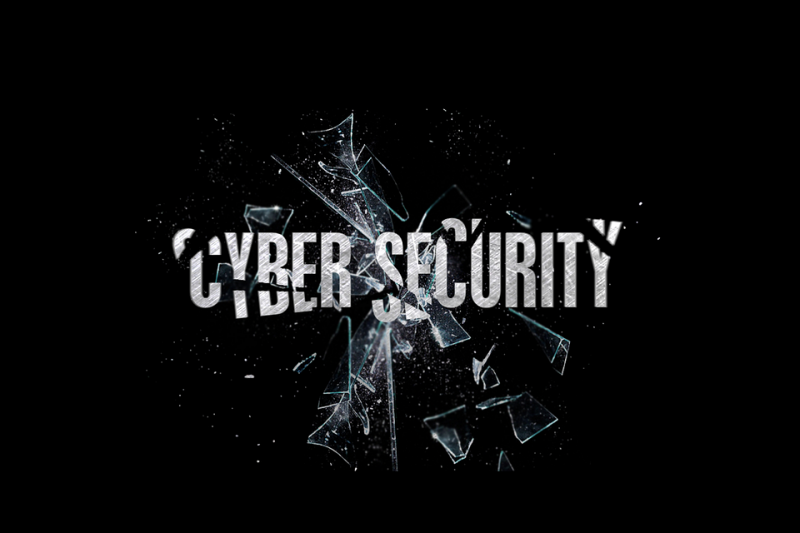Why is cybersecurity important?
If you are familiar with the world of technology, you will know that cybersecurity is of utmost importance. There is not a day that goes by that the news headlines would not report a data breach or cyber-crime. As shocking as it sounds, some individuals and organizations do not take digital security seriously; they lag when it comes to protecting digital security. Even with the several news about cyber-crime and data breaches in circulation, people still do not care enough about digital security; after all, they don’t have any secret that a cyber-criminal is looking for. What most people do not know is there are several ways a hacker can monetize and blackmail you with simple information. A hacker can go as far as hijacking your tax refund, stealing your identity and stealing your health insurance. Cyber-criminals have a truckload of ways to profit from the information that you don’t go to lengths to protect. So, everyone is a target. You are a target; I am a target. While our inability to protect information related to us is a significant threat for us, it’s a tremendous opportunity for hackers. If you work in the department or unit of cybersecurity for a day, you will be surprised at how vulnerable you have made yourself with the information you fail to protect.
Cybersecurity involves protecting networks, programs, and systems from digital attacks. The digital attacks are aimed at disrupting the normal business process, changing or accessing sensitive information and blackmailing online users to get money. It’s quite challenging to set up Cybersecurity measures today considering that there are more devices than users.
What is cybersecurity all about?
An effective cybersecurity approach is one has that several layers of protection spread across networks, computers, programs, and information that an individual or organization intends to safeguard. Any device that sends and receives data from the internet can be affected by a security breach. This includes:
- Transportation systems like car engines, traffic control, and airplane navigation systems
- Communication systems like text messages, phone, and email.
- Financial systems like loans, bank accounts, and paychecks
- Government database like tax records, licenses, and social security numbers.
- Educational systems like report cards, research information, and grades.
The path to cybersecurity
For Individuals:
To be safe on the internet and safeguard your information, you must comply with data security principles such as backing up data, take caution when downloading attachments in mail messages and choosing strong passwords.
Organizations:
Organizations should create a framework to tackle attempted and even successful cyber-attacks. This framework will help them identify cyber-attacks, detect threats, respond to threats, protect systems and recover their data after a successful cyber-attack.
It’s important for organizations to protect their data from cybersecurity threats as a single attack can damage the business, and affect their reputation.
